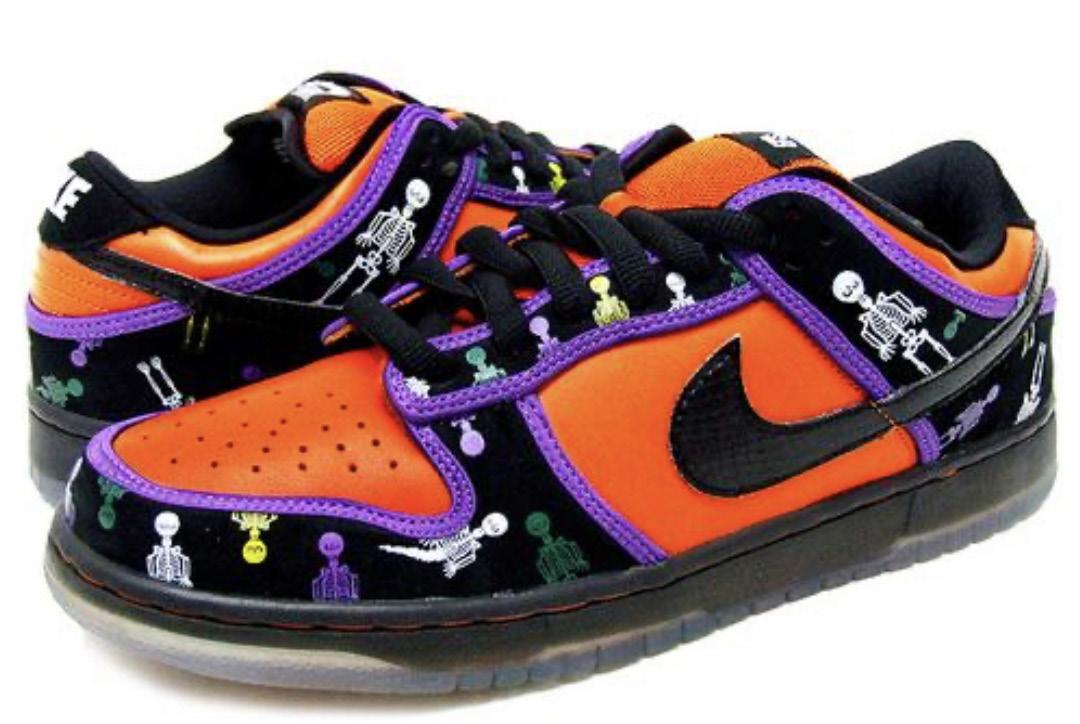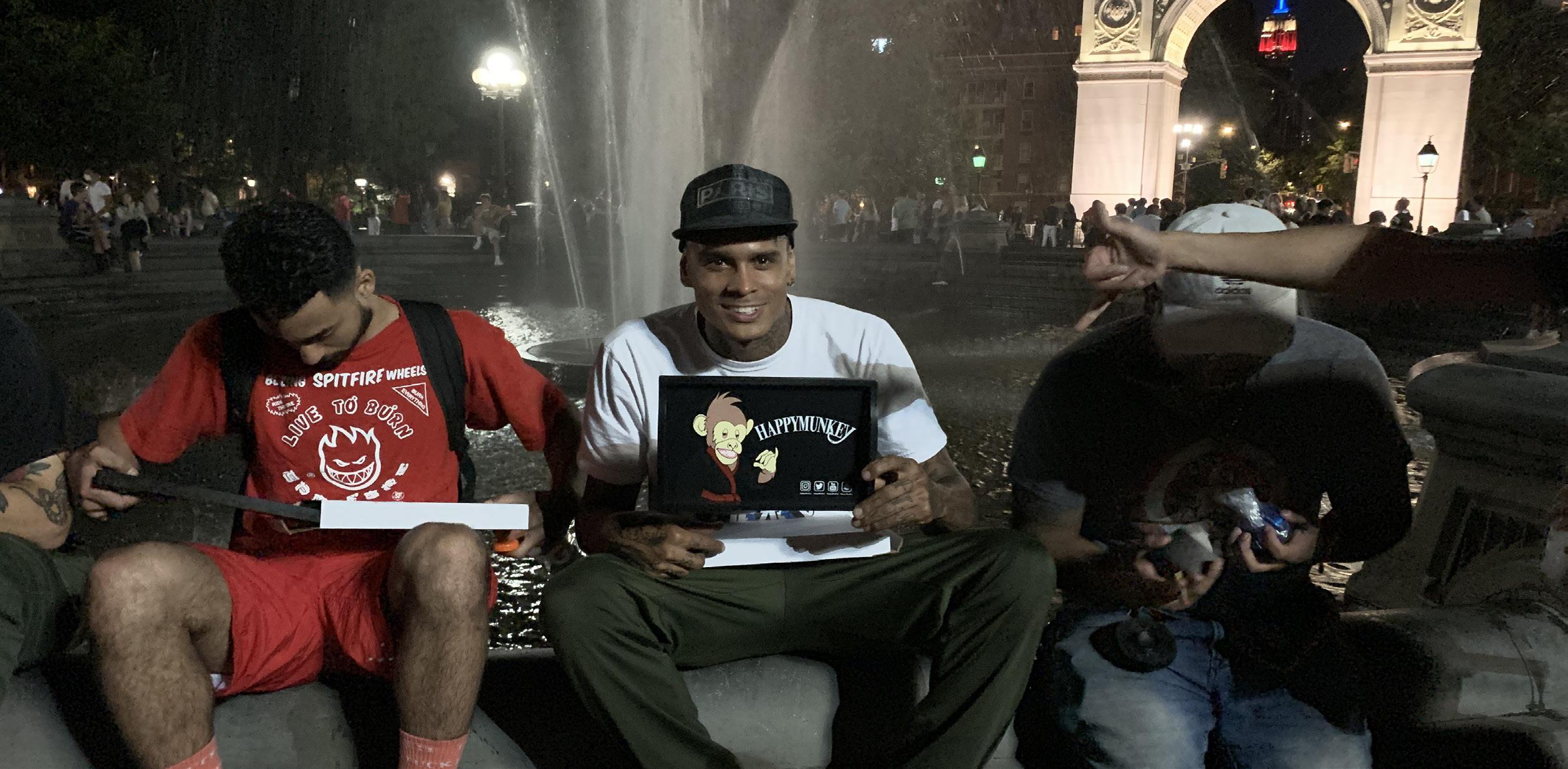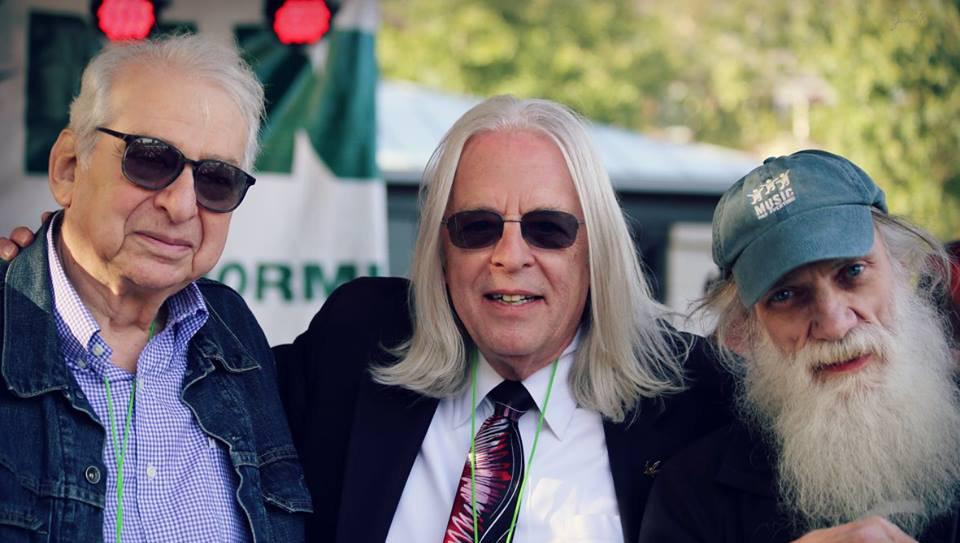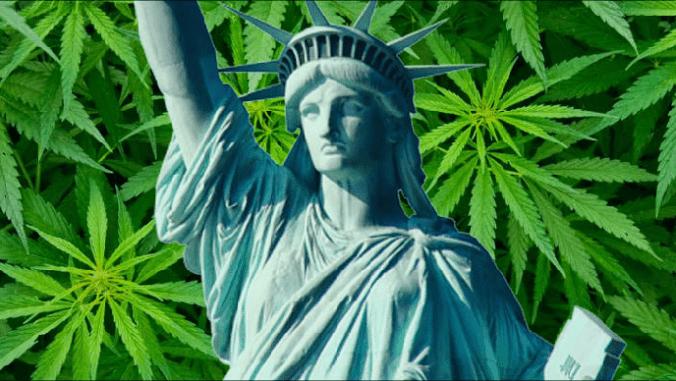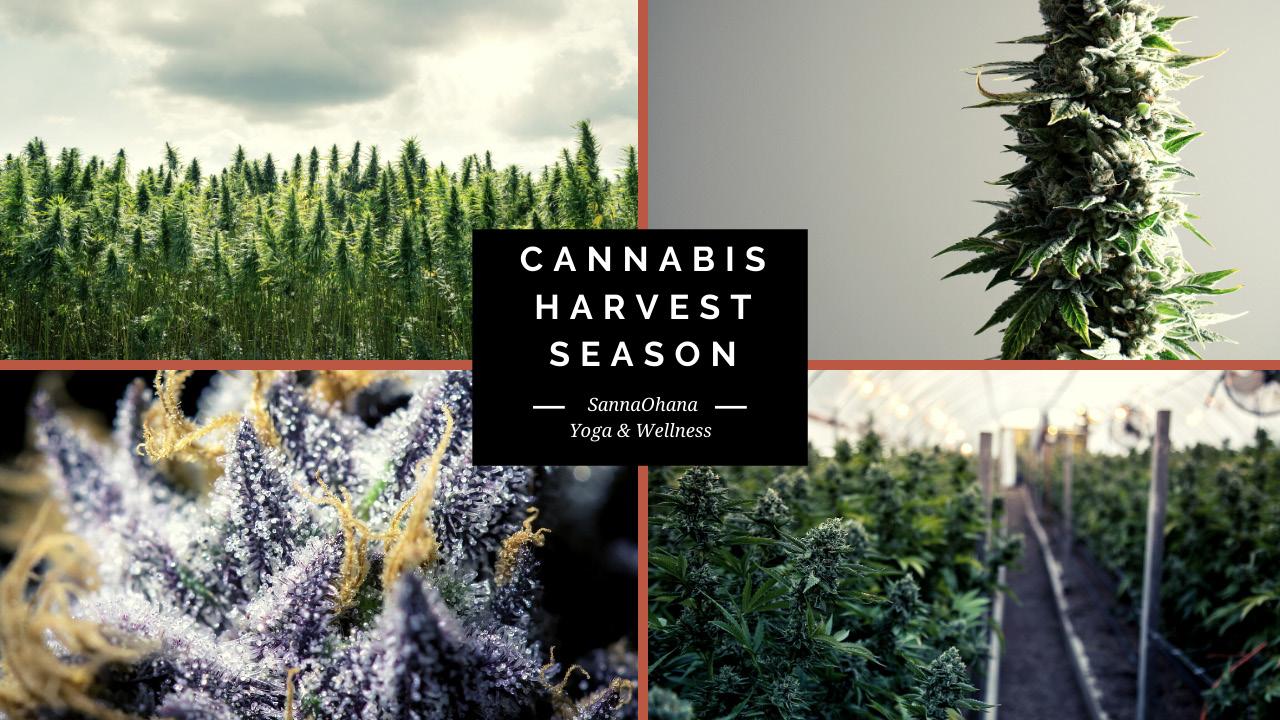
4 minute read
Celebrating Cannabis Culture While Fighting for Equality
from Munkey Biz Issue 11
by HAPPY MUNKEY
The history of Cannabis in the United States and social equity in Cannabis legalization during Hispanic Heritage Month.
Cannabis is currently one of the world’s highest sold and consumed plants, with millions spent annually for medicinal and recreational purposes. Something that was once seen as a crime to possess, is currently taking the world by storm. So what exactly is the history behind Cannabis? How is it related to Hispanic Heritage Month?
Advertisement
According to an article titled, History of Cannabis as a Medicine, it states that the first evidence of cannabis use was found in China around 4000 B.C. Chinese people used the seeds from cannabis for everyday medical purposes. However, they were not the only people to use cannabis for medicinal purposes. Countries all over the world have used the plant for medicine for centuries. As time progressed, cannabis- or otherwise known as marijuana- began to be used for recreational purposes. In the early 1900s, during the Mexican revolution, Mexicans introduced the recreational practice of smoking marijuana to the United States.

Chinese people used the seeds from cannabis for everyday medical purposes.
Now years later, many Americans today still use cannabis for both recreational and medical purposes.
Marijuana has gone from being perceived as bad and illegal to now being one of the fastest selling products in the consumables market, as well as the tobacco/smoking market for the states and countries that have legalized it. Consuming Cannabis can have a number of positive effects on the body. Some of these effects include, but are not limited to: relieving chronic pain, reducing anxiety levels, and relieving arthritis. With cannabis being such a great plant with benefits of treating many diseases, we still have to fight for the right to use medicine in many states within the US today.
For many years the plant was criminalized throughout the US, however Cannabis was completely outlawed in 1970 with the passing of the Controlled Substances Act, making possession of any amount a criminal offense. Thus, creating a war on drugs between the United States and Mexico- who had been importing it for many years prior due to the increase in demand. The “War on Drugs” has been famously portrayed throughout the media and history books as being a multi-billion dollar operation between the Mexican Cartel and the United States’ Drug Enforcement Agency. Thousands of casualties and incarcerations later, the US and Mexico are now beginning to work towards legal reform to address the medicinal as well as recreational qualities of this plant known as marijuana, while maintaining socially equitable legislation.
Hispanic Heritage Month in the US begins September 15 and ends on October 15th, which is a good time to bring awareness to a part of the community that has been wrongfully convicted for a crime that many states now recognize as being legal. Statistically speaking, minority groups face harsher punishments and are often marginalized and barred from opportunities compared to their white counterparts.This month is meant to bring awareness to and honor traditions within these communities which provide a great moment to shed light on the inequalities faced by a large portion of our population. As cannabis has been traditionally used in several cultures throughout Latin America, it is also a time for sharing these practices with friends and family that could benefit from its therapeutic and medicinal properties.

Cannabis has been cultivated for hundreds of years throughout Latin America, and is traditionally used for medicinal purposes with topical products as well as smoking the bud of the plant.
While Cannabis legalization is important, providing social equity for minorities within the industry should take precedence. Continuing the fight against the war on drugs, many cannabis organizations are also working to gain more social equity and representation within the legal market in the US and Mexico. We have seen several states such as Illinois implement more social equality regulations with regards to licensing and the application process that will provide more opportunities for minority groups. However, the governor has stated himself that more work needs to be done because the requirements still aren’t fair to the applicants that aren’t backed by a large company. This being the main fight and goal for social equality within the cannabis market, laws being passed need to make sure that minorities have the same probability of being approved by the state as everyone else that applies for cannabis licensing. Cannabis groups such as Culture Club NYC and Happy Munkey (among many others) that advocate for legalization in New York are also working towards ensuring minorities and especially Black, Hispanic and Latino communities are represented throughout the process.

Culture Club at the MCBA Tri-State Social Equity Summit held in NYC 2019.
While it seems that the COVID-19 Pandemic has halted the momentum in many cities and states that were seeing progression toward legalization and true social equality reform, we must continue to ensure we make our Representatives aware of the benefits that social equity programs can offer to these communities.
Cannabis has had a long and complicated history, and many people historically tend to focus on the negative effects of cannabis or “marijuana”, rarely speaking about the positives. Seeing that there are numerous positive effects of marijuana that date back to 4.000 B.C, should we consider it to be more benign than other substances? And how can we advocate for equal rights and reparations when legalization occurs? Most importantly...how can you get involved?
Follow us at @Cultureclubnyc for more info & updates- Jamie Partida and Amber Wright


